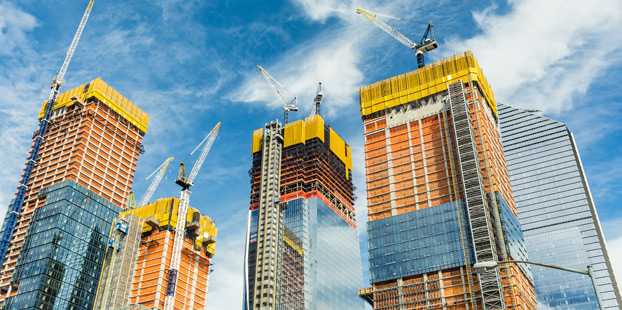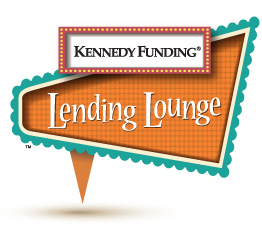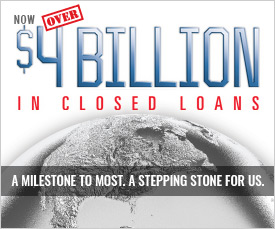
Tariffs often have a ripple effect throughout the wider economy, impacting more than just the commodities they target. After a slew of tariffs and counter-tariffs were announced between the U.S. and Europe, as well as between the U.S. and China, the commercial real estate and construction industries could soon be subject to rising costs.
What might the impact of tariffs look like for each of these economic sectors, and how should investors and businesses respond?
Which tariffs impact commercial development costs?
The Trump administration announced a wide range of tariffs beginning in March, and the targeted countries, including China, Mexico, Canada, and several nations in the European Union, announced counter-tariffs in return. The ensuing trade war has led to a tangled web of tariffs, ranging from agricultural products to automobiles. However, it is tariffs on raw materials, which impact steel, aluminum and lumber, that could lead to significant price hikes for construction and commercial real estate costs.
The most significant tariffs facing the commercial development industry are a 25 percent tariff on imported steel and a 10 percent tariff on imported aluminum. These tariffs could have a huge impact: One third of U.S. steel is imported from Mexico, Canada, and the European Union. Moreover, the U.S. imports the majority of the aluminum it uses in construction, and 41 percent of that aluminum comes from Canada. All these materials are subject to tariffs, which not only means the price of imported materials could cost more to make up for the border tax, but domestic producers can safely hike their prices without fear of being undercut by foreign producers.
The subsequent price increase in construction costs associated with raw material tariffs could drive up the price of commercial real estate. Steel already accounts for an average of 16 percent of building values, a share that is likely to increase as prices go up. Those costs will be passed onto buyers as developers and landowners look to avoid as much of the sting of inflation as possible.
How to ease the burden of tariffs
The uncertainty generated by this ongoing trade war might well prompt concern, but it doesn’t mean you have to miss out on quality investment opportunities. If you find yourself in the midst of an acquisition or development project, or are preparing to secure funding to do so, there is still time before the effect of tariffs is felt in construction costs. In other words, now is the time to act.
“The tariffs that have gone into effect could potentially drive up construction costs and commercial real estate costs overall,” said Kevin Wolfer, CEO of Kennedy Funding. “Luckily, costs won’t rise all at once. That means there is still time to obtain funding and complete acquisition and development projects before the worst of it.”
The impact of tariffs on prices usually lags the implementation of the import taxes. That means there is a window of opportunity to invest in acquisitions and projects before average prices significantly increase. Acting quickly and making any planned investments sooner than later is essential.
Kennedy Funding is a direct private lender that provides flexible loans for the acquisition or redevelopment of commercial properties, with closings occurring in as little as five days. Direct private lenders have the latitude to approve projects that conventional lenders may find too risky in an era of raising prices and uncertain trade. If you need a quick injection of capital to start your next project or acquire your next property before the economy feels the pain of tariffs, Kennedy is the funding partner for you.







